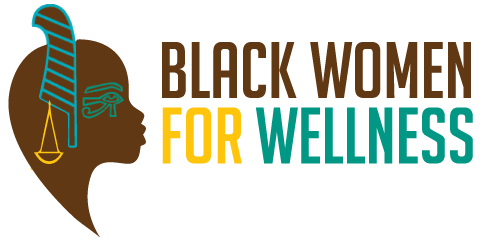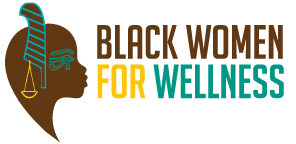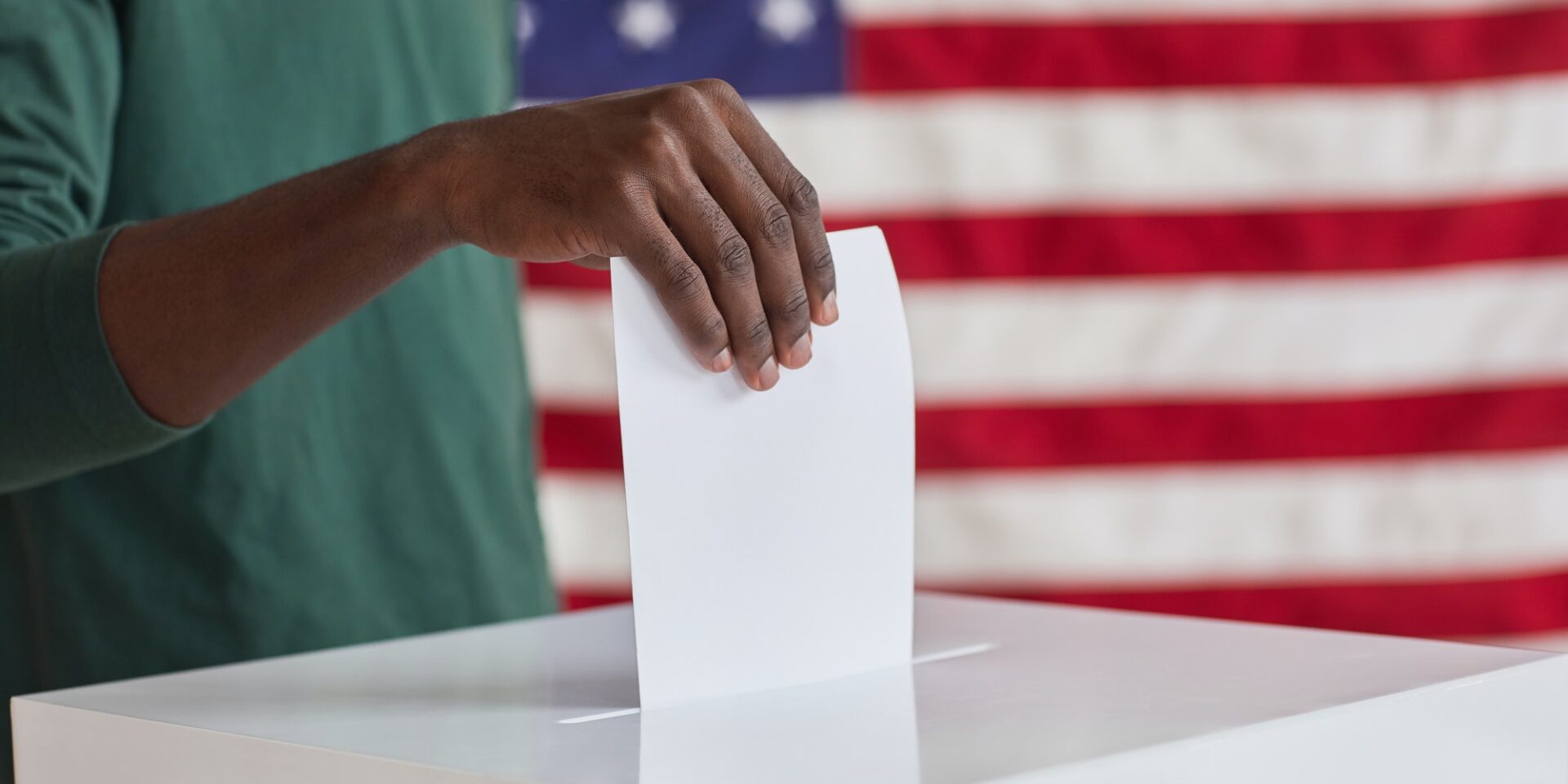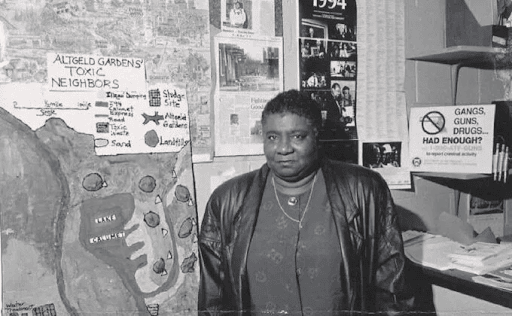Background. Charter Amendment C modifies the process for disciplinary appeals at LAPD. Currently, the civilian Police Commission decides whether shootings and other serious uses of force are within policy or not, and the Chief of Police makes recommendations about serious discipline. But if the Chief recommends that an officer be fired, that officer may appeal the decision to a Board of Rights — a panel made up of two command-level LAPD officers and one civilian drawn from a pool of approved panelists.
Why do the ACLU, Black Lives Matter, Community Coalition, Dignity & Power Now, LA Community Action Network and other police reform advocates oppose Charter Amendment C?
1. Charter Amendment C doesn’t expand “civilian oversight” because the Board of Rights doesn’t provide oversight. A Board of Rights can only reduce discipline imposed by the Chief of Police. It cannot increase discipline where the Chief has been too lenient or hold LAPD accountable for failing to punish misconduct, so it does not provide full “civilian oversight” of police. If the Police Protective League really wanted to expand civilian oversight, they would give civilians power to decide the discipline in the first place — but that’s not what they want.
2. Charter Amendment C does not provide real community involvement. Under the City’s current rules, the “civilian” panelists on Board of Rights must have seven years’ experience with arbitration, mediation, or administrative hearings, and are hand-selected after a private interview with the executive director of the Police Commission. And most troublingly, according to an interview with a former board member of the Police Protective League, if the civilians do not vote in favor of the officers they are removed from the pool of possible participants. More than 85% of the current pool have served as board of rights panelists for more than nine years. That’s a small group that excludes much of the diverse experiences of Los Angeles residents, including those who are most affected by interactions with the police. Any true civilian oversight board must reflect the community’s diversity, and not be intentionally stacked in favor of officers, if it intends to increase rather than undermine the legitimacy of the disciplinary process. The City has talked about changing the criteria for who is on Boards of Rights, but they should make sure the panel of civilians is representative before we hand them more decision-making power.
3. Charter Amendment C will result in even less accountability for LAPD officers. The Board of Rights already makes it hard to fire officers: in 229 cases over the last five years in which the Chief of Police recommended firing an officer, a Board or Rights reduced the penalty or gave no penalty at all in just over half the cases. The civilian members on the Board of Rights consistently vote to lessen discipline — in cases where there was a 2 to 1 vote to reduce the penalty levied by the Chief, the civilian voted for the more lenient option every single time. This is why the process for selecting civilian members must be examined and amended to ensure that individuals tasked with enforcing departmental rules do not have a bias against disciplining officers.
4. Charter Amendment C will result in increased legal liability for Los Angeles. Less discipline for LAPD officers means that more officers who both the Police Commission and the Chief of Police recognize have committed serious violations of departmental policy and should be demoted or terminated will remain on the force and on the streets. Under the proposed civilian Board of Rights, officers whose conduct satisfies the already-high bar for the Chief to recommend severe penalties will routinely have their punishment reduced or limited, ensuring that officers who have established themselves incapable of adhering to departmental rules—sometimes with fatal results—will continue to interact with the public, undoubtedly resulting in even greater legal liabilities for the City of Los Angeles. Moreover, a disciplinary system that is more lenient than the one already in place cannot effectively serve as a check on other officers’ behavior and discourage departmental misconduct.
5. Charter Amendment C is designed to favor officers accused of misconduct. The measure provides officers found guilty of misconduct the ability to choose whether to have their appeals heard by the new all-civilian Board of Rights or the traditionally-constituted Board. Even if police reform advocates were able to improve the constitution of the Board of Rights panels to be more representative of the community and more willing to impose penalties on officers who engaged in misconduct, officers could simply choose not to go before the improved board and take their chances with the traditional board that already overturns or reduces penalties suggested by the Chief in 51% of appeals.
This is a self-serving political maneuver orchestrated by the Police Protective League to undermine Chief Beck, not an attempt at real reform. This measure has been driven from the start by a police union unhappy with Chief Beck. Last year the PPL sued the City based on claims that the Chief was implicitly pressuring LAPD command-staff on the panels to follow his recommendations, and the PPL tried to have all LAPD officers removed from the Board of Rights. That was impossible under the City charter, so they got the City Council to introduce this measure to provide them with an all-civilian option. The measure they proposed initially was intended to last only 3 years—the same length of time remaining on Beck’s contract to serve as chief. Adopting this measure would preclude any attempts at real reform because it gives the police union the one thing that they seek—to undermine Beck—and guarantees that they will be unwilling to make any meaningful compromise on other aspects of the police disciplinary process once that goal is achieved[/vc_column_text][/vc_column][/vc_row]



